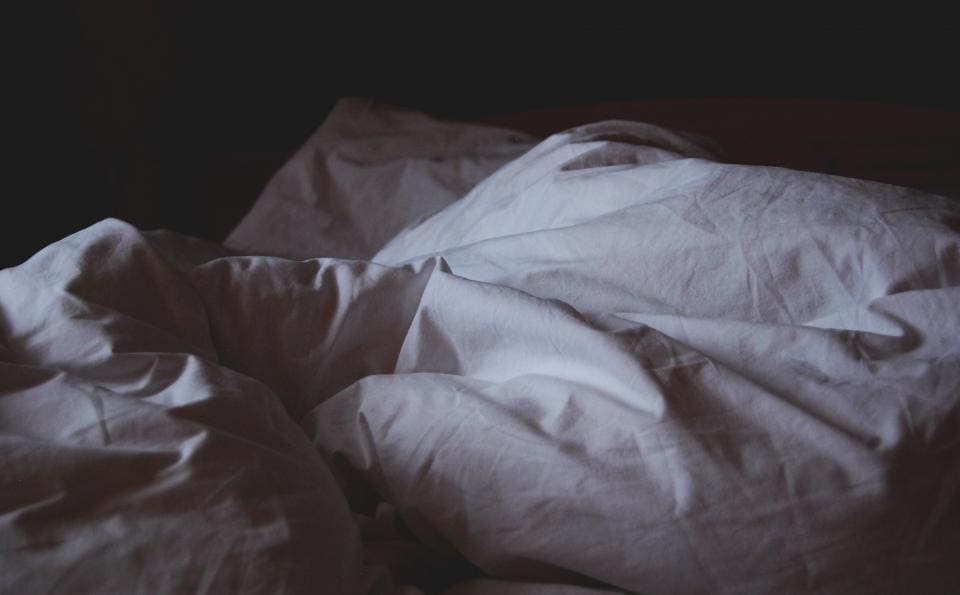
Nightmares are never fun. They can feel like horror movies come to life, often times created specifically for you and the things that terrify and worry you the most. We all experience nightmares, but between 2-8% of adults are affected by them to the point that their sleeping patterns are drastically disrupted. Children between the ages of 3-6 are more likely to be affected by nightmares and have trouble getting rest as well, which can be especially damaging considering that they need between 10-13 hours of sleep. Continue reading Rewriting Nightmares




 Have you ever noticed your teen studying and checking their phone compulsively, all while slaving away on on a final paper or cramming for a final exam? Are they checking to see what other people are doing—in case their friends are having a more interesting life than they are?
Have you ever noticed your teen studying and checking their phone compulsively, all while slaving away on on a final paper or cramming for a final exam? Are they checking to see what other people are doing—in case their friends are having a more interesting life than they are? Have you ever gone to a party or had to talk in front of others and felt sick to your stomach with anxiety about the prospect? Have you ever felt so nauseated and nervous that others are judging you the wrong way? If this is the case, you may be suffering with social anxiety, also known as social phobia. You always may have felt this way but were never able to put your finger on exactly what it was.
Have you ever gone to a party or had to talk in front of others and felt sick to your stomach with anxiety about the prospect? Have you ever felt so nauseated and nervous that others are judging you the wrong way? If this is the case, you may be suffering with social anxiety, also known as social phobia. You always may have felt this way but were never able to put your finger on exactly what it was.



